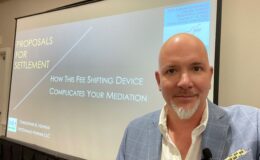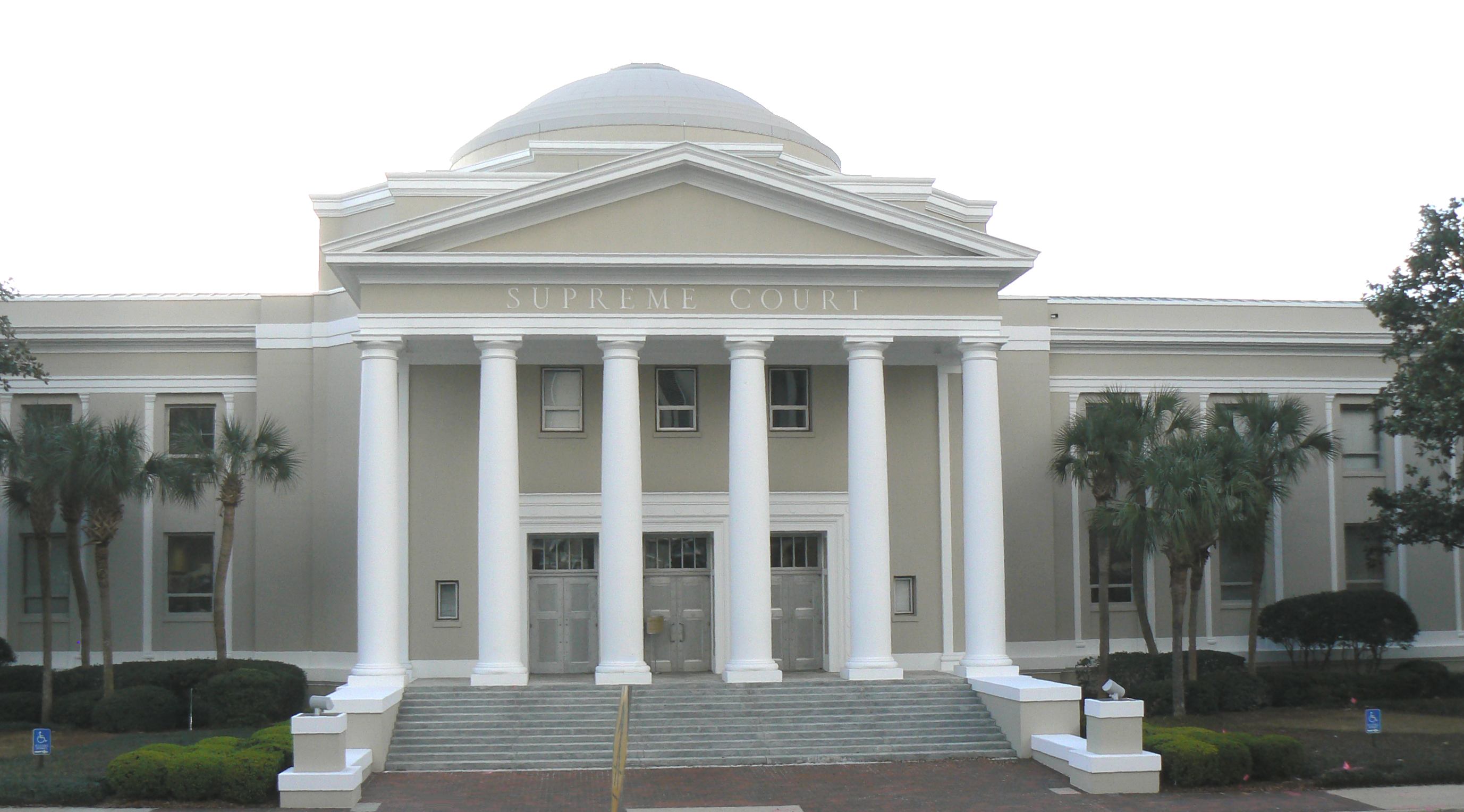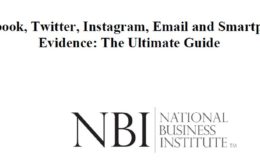First DCA Issues a Hybrid Opinion Re Daubert & Proposal for Settlement
- By : Cbh
- Category : Evidence, Proposals for Settlement
Two of the more novel, confusing areas of Florida civil law were addressed this week by the First District in Andrew and Kenneth Maines v. Marcia Drasko Fox.
This case arose from an auto accident where the plaintiff claimed that she suffered a neck injury. The plaintiff won at trial. She sought to recover attorney’s fees under a Proposal for Settlement. Defendants appealed claiming that the trial court improperly excluded expert testimony.
The Daubert issue involved the trial court’s exclusion of testimony by Dr. Bowles, who was presented as a dual expert: a biomechanical engineer and an orthopaedic surgeon. Dr. Bowles intended to testify that, as a biomechanical expert, he had performed the force analysis calculations which led to his opinion that the accident was not severe enough to have caused the plaintiff’s neck injuries. The plaintiff argued that his opinions were not reliable because medical doctors do not rely on such calculations; the trial court “found that Dr. Bowles improperly bridged the fields of biomechanical engineering and medicine by relying on his own force analysis… without proving the reliability of using force analysis calculations to determine specific causation.”
The First DCA found this to be an abuse of discretion and that Dr. Bowles should have been permitted to testify since it is “not unusual for doctors to rely on anecdotal evidence of the history and severity of the accident in rendering a causation opinion” and, here, Dr. Bowles’ method “was simply a more accurate measure…”
As to the Proposal for Settlement, the Plaintiff’s proposals were ambiguous as to whether they were inclusive of fees and costs. One paragraph said that attorney’s fees and costs would not be taxed and then another paragraph stated, “Attorney’s fees at this time are not part of any claim being asserted by Plaintiff and, therefore, this Proposal does not include any claim for attorneys fees.” The court held that the second paragraph “implied” that attorney’s fees could be later taxed and was thus contradictory. The court also found that another paragraph stating, “this Proposal is inclusive of costs” was conflicting with the first statement. The court also held that the proposals did not state whether the proposal included fees and whether they are part of the legal claim and/or state any conditions with particularity.


